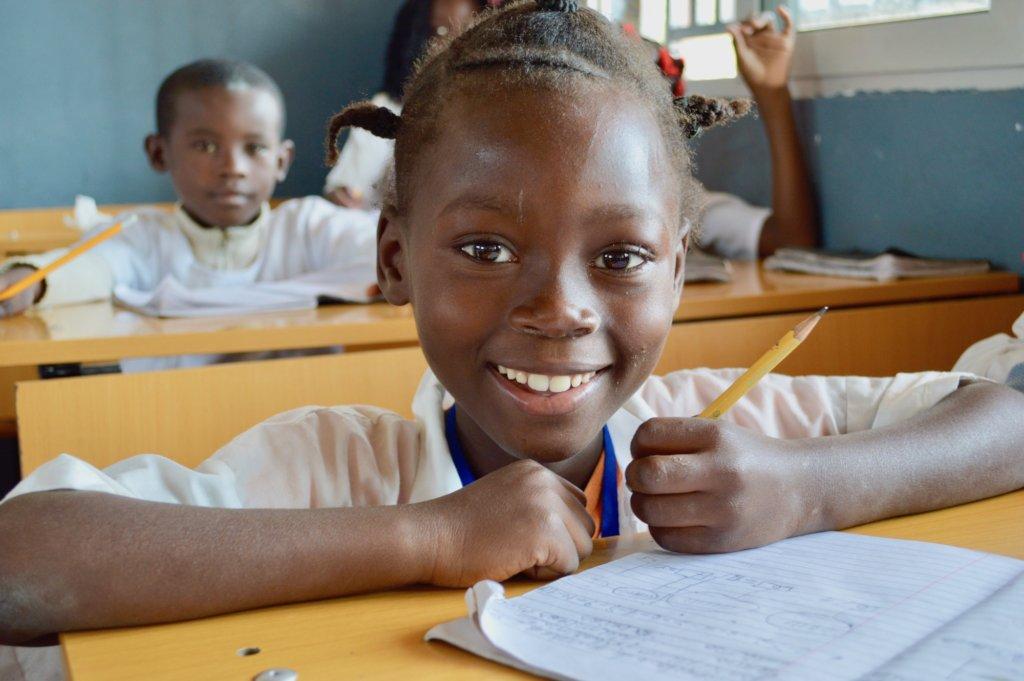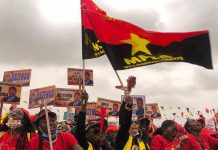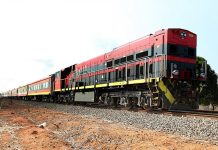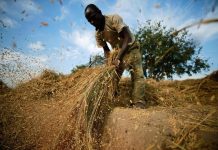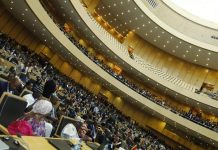Africa-Press – Angola. For a long time, Education has always been a matter of interest to humanity as a whole. If we look at History and the way in which societies were organized, we will see that it was crucial in guaranteeing this organization.
The idea of interest is based on the principle that man has always valued man’s education, in techniques, arts, hunting and other crafts that ensured the group’s subsistence.
In Africa, for example, we know the great ethnic groups that, for centuries, lived by hunting and other crafts. This is the case of the Hadza, Pygmies, San and others (according to Chapter II of the General History of Africa). Therefore, it is possible to perceive in advance the valorization in the formation to make possible their subsistence and the maintenance of the survival of the group.
The same education, in addition to valuing the formation of the individual, also serves as an instrument to guarantee the insertion of the same in the group.
For, according to Teresa da Silva Neto, in her approach to the History of Education and Culture of Angola, pag. 83, says that “education in the tribes was given through traditional knowledge, to insert the individual into that culture”.
Education is the instrument that has always been used to insert the individual into society. professional point of view, but also from the point of view of the relationship between people, with the State and with the country in general.
The active participation of individuals in society, through work, promotion of peace, order, social stability, etc. it was always extremely important because it was and is part of a range of social demands, which is why it always started in families, educational institutions and society in general.
The individual’s first home, the first society, the first world is the family bosom. Regardless of the way it is constituted – nuclear, mono-parental, etc. – it is considered to be the place where the individual has the first contacts with people, learns the social communication code, receives the first influences, beliefs, opinions about the world. , life, therefore receive education.
The influence of the first society, of the first socialization is crucial, relevant, necessary and indispensable because it contributes to the success or failure of the individual in any area. Every home carries with it a belief, opinion, idea, a basic understanding in general about the world, life. This understanding actually contributes to the intellectual growth of the individual.
Socialization does not presuppose that the individual’s mind has to be empty, in order to simply receive what society has to give, but rather, it is important that the individual possesses in himself a range of notions of life as a whole, as way of guaranteeing their active participation, through the sharing of ideas, interpersonal relationships, therefore the individual receives and offers subsidies as a way of contributing to the vitality, stability and sustainability of the environment in which he is inserted. He must not be a robot.
In his work entitled ”Because we do what we do”, Mário Sergio Cortella presents an approach on the meaning of being a robot in the following way: “The word “robot” comes from the Czech robota, which means “slave”, the one who makes what you are commanded to do.”
Once again, we said that social insertion does not presuppose that the individual enters a virgin, from the intellectual point of view, families (albeit with informal education) play a crucial role in the construction of the individual’s intellect. The informal nature of education should not lead us to a pejorative sense because, according to Ponto Didáctico website, it is what individuals learn during their socialization process – whether in the family, neighborhood, club, etc. The individual’s daily experience is spontaneous, different from the formal education that is processed in educational institutions.
From a formal point of view, to educate is to transmit values, knowledge, norms, beliefs, as a way of influencing the individual to an action, work, civics, ethics, respect, patriotism, etc.
It is systematically organized, requires methods and a certain scientific rigor, is normally submitted to a teaching curriculum and is processed in educational institutions. Its purpose is to enable the individual’s self-promotion in society. In another language, we would say that one of the main elements that makes possible the socialization of the individual.
According to the Site significations, “in Sociology, socialization is the process by which the individual, in the biological sense, is integrated into a society”. , following rules and principles that base and structure their ethics of
life.Families, schools play a crucial role in the formation of the individual, which results in a quality socialization.
Angola and the world in general are experiencing a pandemic period, where the life factor is the most important element to take into account, which is why ways are being sought to prevent its spread and the State, in the person of the Ministry of Health, for itself. only, will not succeed in this arduous task. It is important that families, through their daily experience, through their informal education, play the role that is theirs, constantly and permanently informing their members, transmitting to them the adequate means of prevention against Covid-19.
It is also important that educational institutions, public and private, in their administrative structure and from the point of view of the pedagogical political project, contextualize the general curriculum, emphasizing love for the country, health, ethics and civics. As a way of guaranteeing the quality insertion of individuals, which will have as a consequence the full contribution to the extinction of the pandemic in our territory.
Therefore, the objective of these two institutions is to insert for life, for work, for social balance and, above all, to guarantee the survival of the group. And our survival will depend on the efforts of these two great institutions, which for centuries have proved to be effective in maintaining social stability.
For More News And Analysis About Angola Follow Africa-Press

